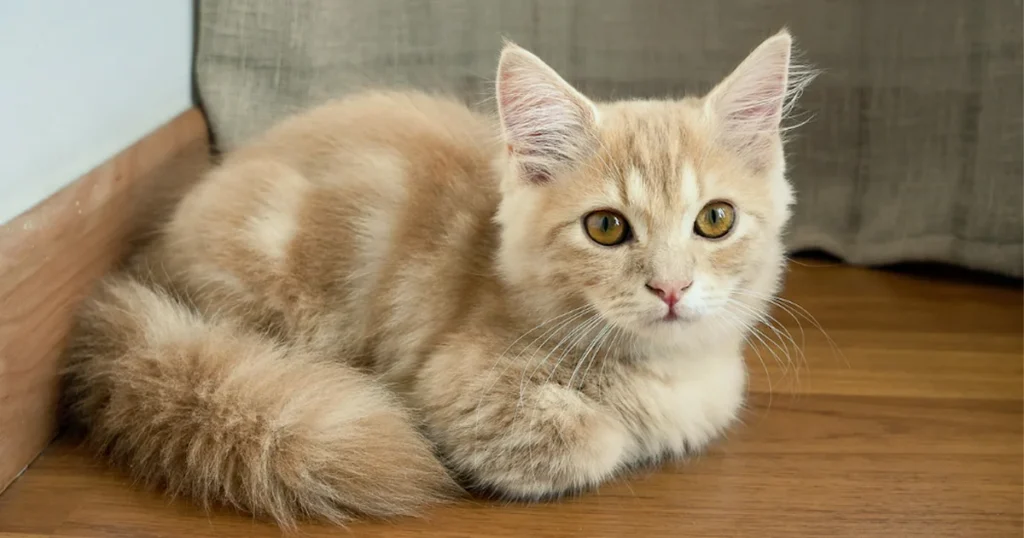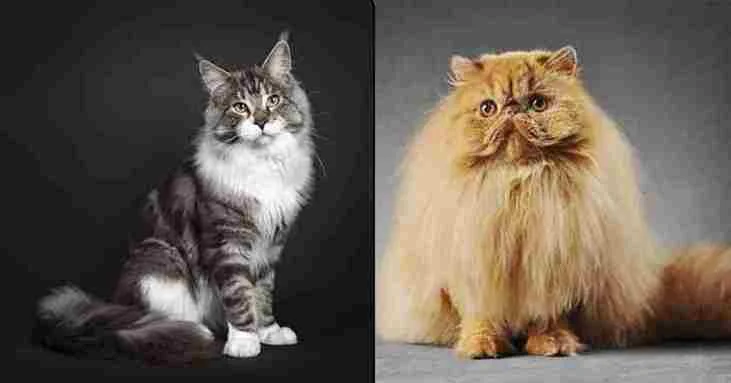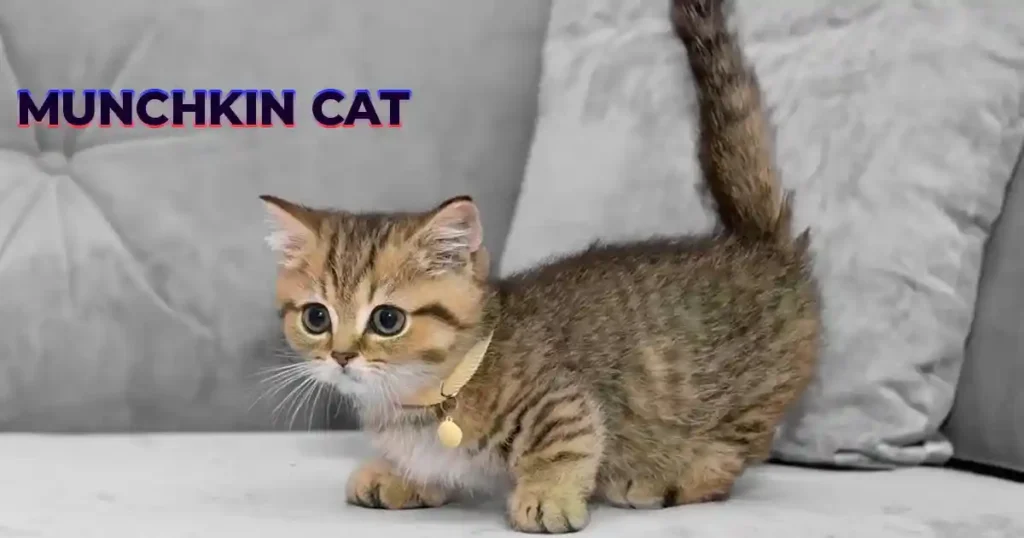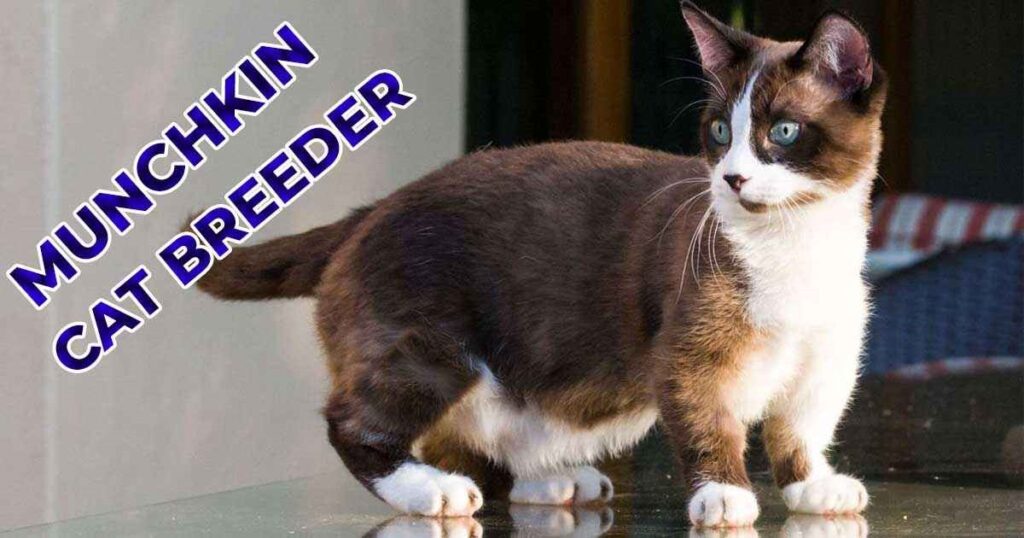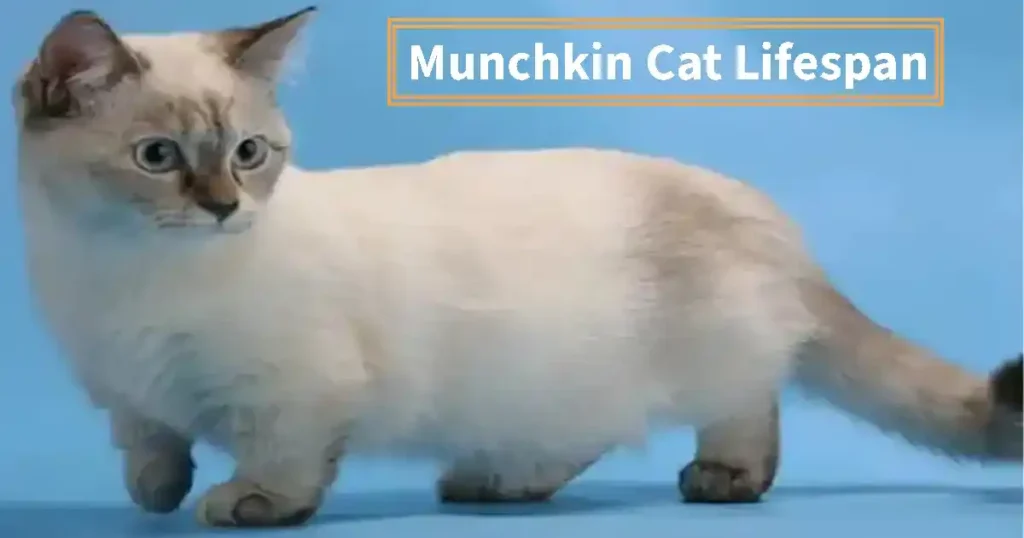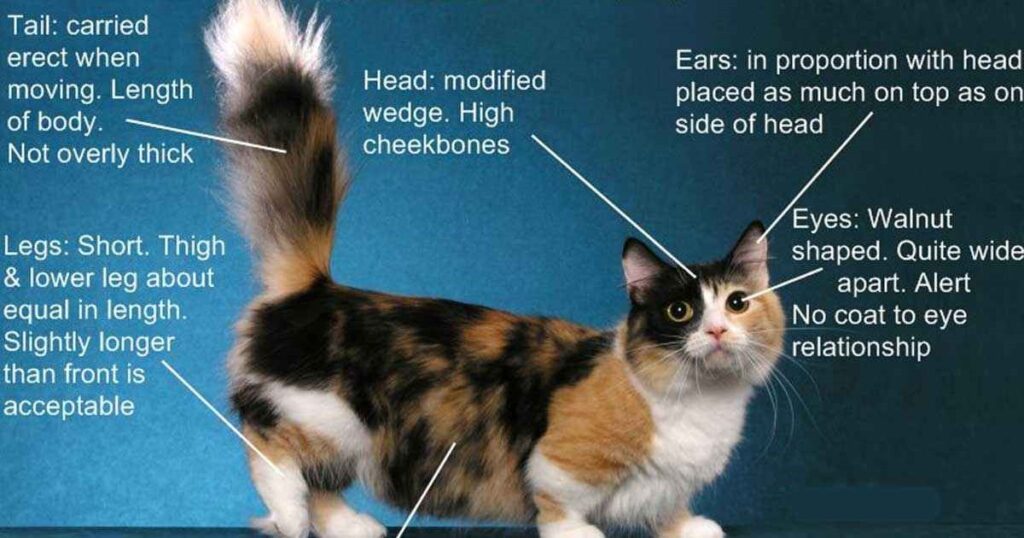Munchkin cats are easily recognized by their distinctive short legs, which result from a genetic mutation. Despite their small stature, they are just as playful, curious, and active as their longer-legged counterparts. Munchkins have a muscular, well-proportioned body, and their short limbs do not hinder their ability to move quickly and play energetically. Their small size and unique appearance make them stand out in the feline world, but they are just as agile and graceful as any other cat breed.
In Munchkin Cat Characteristics Munchkins are affectionate and friendly, making them great companions for families and individuals alike. They are known for their sociable nature and are often described as “dog-like” because they enjoy following their owners around the house and seeking attention. Munchkin cats tend to get along well with other pets, including dogs and other cats, thanks to their calm demeanor and adaptability.
Munchkin cats come in a wide range of coat colors and patterns, from short-haired to long-haired varieties. Their coats are soft, shiny, and easy to maintain, although long-haired Munchkins may require more grooming. Despite their physical limitations due to their short legs, Munchkin cats are generally healthy and can live long lives with proper care.
Physical Characteristics of Munchkin Cats
The defining feature of the Munchkin cat is their short legs, caused by a natural genetic mutation. Despite their shorter stature, their bodies are proportionate, and they come in a variety of coat types, colors, and patterns. Below are their primary physical traits:
- Size: Munchkin cats are classified as small to medium-sized, typically weighing between 4 to 9 pounds (1.8 to 4.1 kg) and measuring about 6 to 9 inches in height
- Leg Length: Their defining feature is their short legs, which result from a genetic mutation. Munchkins can have varying leg lengths:
- Standard: Slightly shorter than average.
- Super-short: Approximately 2 to 3 inches shorter than normal.
- Rug hugger: The shortest leg length, giving them a very low appearance
- Coat: They possess a medium-plush coat that can be short or long, available in virtually any color or pattern
- Body Structure: Munchkins have a moderate body type with a slightly raised hindquarters due to the longer hind legs compared to the front.
History and Origin Munchkin Cat Characteristics
Munchkin cats emerged in the 1980s, recognized for their unique genetic trait of short legs, which is due to a natural mutation. Initially, breeders faced challenges in gaining acceptance for this breed, but their charm and playful demeanor soon won over many. Today, Munchkin cats are beloved companions, celebrated for their endearing qualities.
- Unique genetic mutation causes short legs.
- Originally faced skepticism from breeders.
- Gained popularity in the 1980s.
- Recognized for their playful nature.
- Often compared to other cat breeds for their unique look.
Personality Traits of Munchkin Cats
Munchkin cats are not just known for their unique appearance but also their delightful personalities. These cats are described as being friendly, playful, and highly social. Let’s explore their personality in more detail:
Playful and Energetic
- Munchkins have high energy levels and love interactive playtime.
- They often engage in playful behaviors like chasing toys, and they love exploring new spaces.
Affectionate and Social
- They are very affectionate towards their owners and thrive on companionship.
- Munchkins are known to get along well with children and other pets.
Curious and Intelligent
- These cats are highly curious and love exploring their environment.
- Their intelligence makes them easy to train for tricks, such as fetching or using a scratching post.
Comparison of Munchkin Cats to Other Dwarf Breeds
Munchkin cats are the original breed of dwarf cat, characterized by their short legs due to a genetic mutation known as chondrodysplasia. They have inspired the development of several other dwarf breeds through crossbreeding. Here’s how Munchkin cats compare with other dwarf breeds:
Munchkin Cats
- Legs: Munchkins have notably short legs, which are about 3 inches shorter than those of standard cats. This distinct feature gives them a unique appearance reminiscent of a Dachshund.
- Temperament: Munchkin cats are known for their energetic and playful nature, remaining active and sociable throughout their lives. They are affectionate and enjoy interaction with both humans and other pets.
- Health Concerns: Munchkins may be at risk for certain health issues, such as osteoarthritis, lordosis, and pectus excavatum, primarily due to their unique body structure.
Health and Lifespan of Munchkin Cats
Like all breeds, Munchkin cats are prone to certain health conditions. Their short legs do not significantly affect their health, but it’s important to know the potential risks.
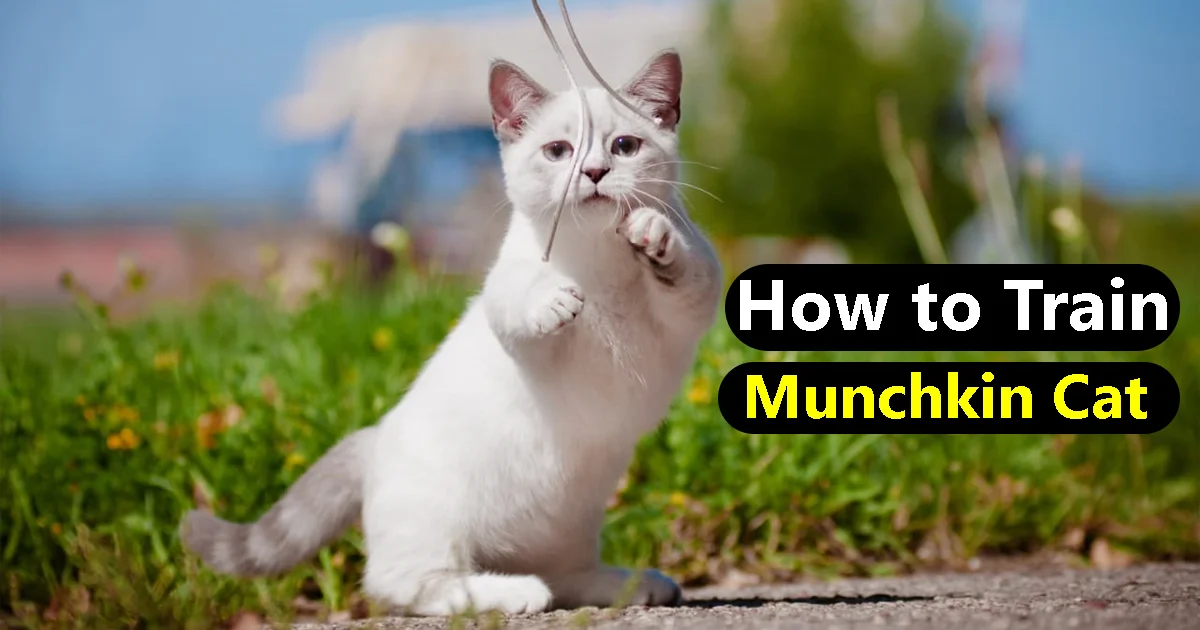
Care Tips for Munchkin Cats
To keep a Munchkin cat happy and healthy, you need to follow specific care routines. Below are some essential tips:
Grooming Requirements
- Short-haired Munchkins: Brush once a week to remove loose fur.
- Long-haired Munchkins: Brush twice a week to prevent tangling and matting.
Diet and Nutrition
- Provide a balanced diet with high-quality cat food to avoid obesity.
- Control portion sizes and offer interactive feeding toys to keep them active.
Exercise and Enrichment
- While they may not jump high, Munchkin cats enjoy climbing low furniture.
- Offer interactive toys such as feather wands or laser pointers to keep them mentally stimulated.
Munchkin Cats and Living Environment
These cats adapt well to various living situations, making them ideal for both apartments and larger homes. They are indoor cats, as their short legs limit their ability to defend themselves outdoors.
Munchkin Cat Price
If you’re interested in purchasing a Munchkin cat, prices can vary significantly based on color, pedigree, and breeder reputation. On average, Munchkin cat prices range from $500 to $2,000. Always research breeders thoroughly to ensure ethical practices and healthy kittens.
Munchkin Cat Care Tips
Caring for a Munchkin cat involves understanding their unique needs and ensuring a loving environment that promotes their well-being. Here are some essential care tips to keep your Munchkin healthy and happy.
Munchkin Cat Pricing and Availability
Finding a reputable breeder is essential when considering purchasing a Munchkin cat. Research breeders to ensure they prioritize health and ethical breeding practices. You may also find Munchkin cats in rescues and shelters.
| Munchkin Cat Pricing and Availability | Description |
|---|---|
| Research Breeders | Finding a reputable breeder is essential when considering purchasing a Munchkin cat. Research breeders to ensure they prioritize health and ethical breeding practices. |
| Visit Breeders | Visit breeders to assess living conditions. |
| Consider Adoption | Consider adoption from rescues and shelters. |
| Ethical Practices | Ensure the breeder follows ethical practices. |
| Health Clearances | Ask for health clearances for breeding cats. |
Munchkin Cat Price
The price of Munchkin cats can vary significantly based on factors such as lineage, color, and breeder reputation. On average, you can expect to pay between $1,000 and $2,500.
| Factors Influencing Price | Price Range |
| Standard Munchkin | $1,000 – $1,500 |
| Rare colors or patterns | $1,500 – $2,500 |
| Show-quality cats | $2,500 and up |
Conclusion
In summary, Munchkin cats are fascinating and affectionate companions. Their unique characteristics, playful nature, and charming appearance make them a popular choice among cat lovers. Understanding their traits and needs is essential for providing the best care possible. Whether you’re considering adopting one or simply wish to appreciate their charm, Munchkin cats are sure to bring joy to your life.
